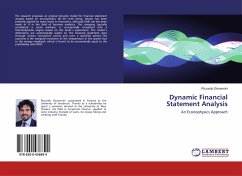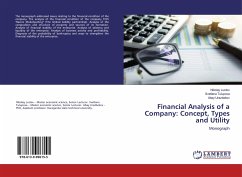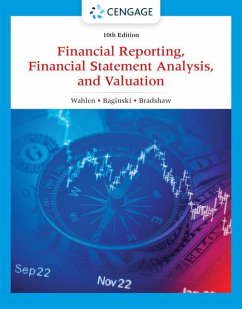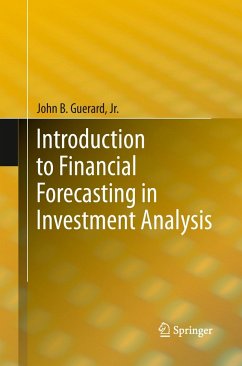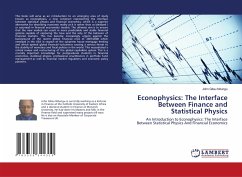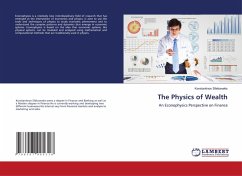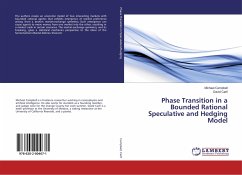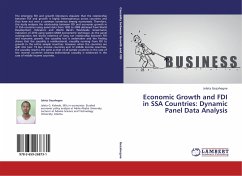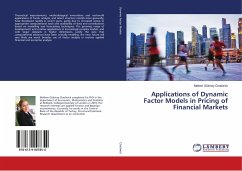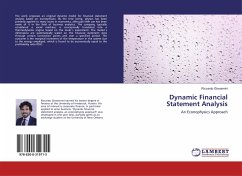
Dynamic Financial Statement Analysis
An Econophysics Approach
Versandkostenfrei!
Versandfertig in 6-10 Tagen
36,99 €
inkl. MwSt.

PAYBACK Punkte
18 °P sammeln!
The work proposes an original dynamic model for financial statement analysis based on econophysics. By the time being, physics has been primarily applied to many issues in economics, although little use has been made of it in the field of business analytics. The company, typically considered a social machine, is conceptually translated into a thermodynamic engine based on the Joule s experiment. The model s dimensions are systematically scaled on the financial statement data through certain connection points and over a specified period. The outcome is the marginal increment of the temperature ...
The work proposes an original dynamic model for financial statement analysis based on econophysics. By the time being, physics has been primarily applied to many issues in economics, although little use has been made of it in the field of business analytics. The company, typically considered a social machine, is conceptually translated into a thermodynamic engine based on the Joule s experiment. The model s dimensions are systematically scaled on the financial statement data through certain connection points and over a specified period. The outcome is the marginal increment of the temperature in the system due to the energy employed, which is found to be economically equal to the profitability ratio ROIC.



